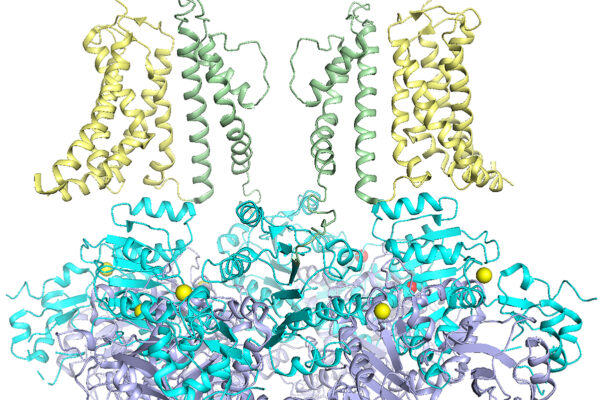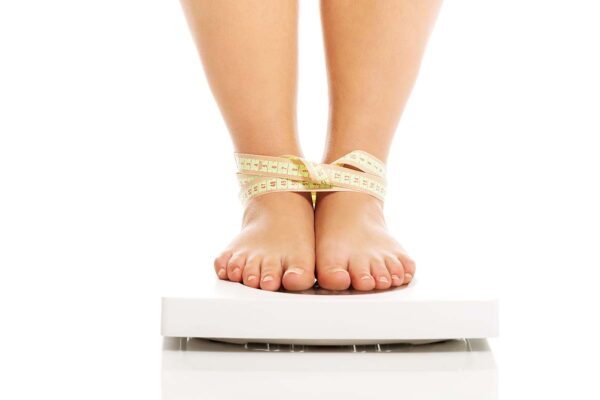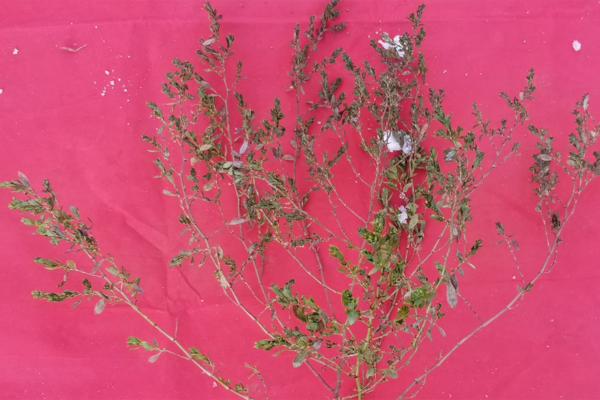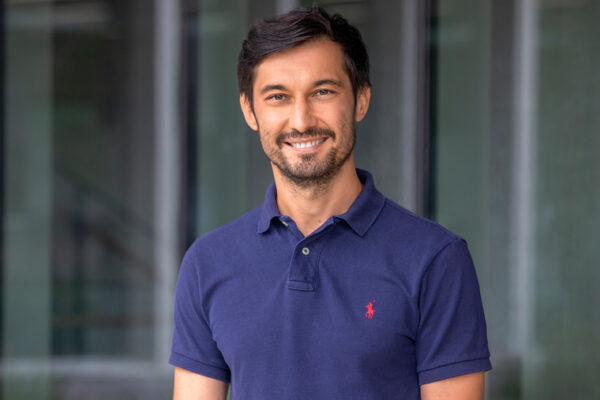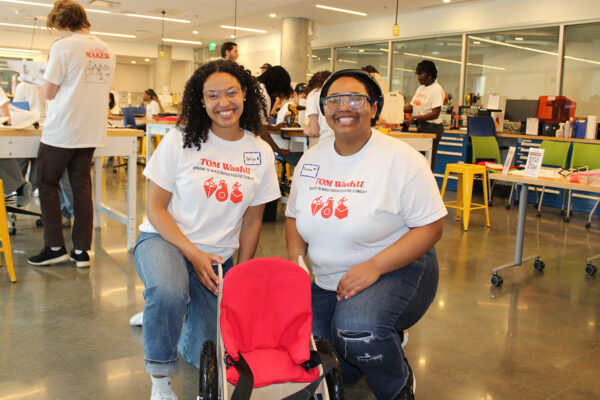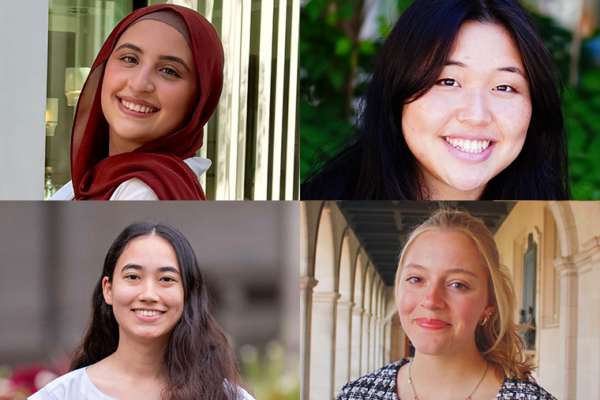Genetic mutations in potassium ion channel target of new drug development
Researchers at WashU will study ways to fix malfunctioning ion channels responsible for neurological and heart illness.
Eating disorders a hidden crisis on college campuses
Researchers at Washington University led a study of nearly 30,000 students that shatters misconceptions about eating disorders, a common and misunderstood condition.
Reawakening ‘sleeping’ crops to combat today’s climate crisis
Archaeologist Natalie Mueller in Arts & Sciences explains how ancient agricultural systems could become a source of alternative crops and methods in an era of rapid climate change.
A new approach to control light in photonic circuits
Researchers at WashU have developed a simple, efficient way to enable one-way light transmission in photonic chips.
Removing selenium from water takes iron strength
Environmental engineers at WashU have developed critical methods to remove toxic selenium from water.
The mysterious chemical world inside nanopores
Material scientists at Washington University have found ways to control contaminants in nanoporous materials used in water treatment and other manufacturing processes.
Kamilov named Donald L. Snyder Career Development Professor
Ulugbek Kamilov, an engineer at Washington University, has been installed as the inaugural Donald L. Snyder Career Development Professor at the McKelvey School of Engineering.
Made with care
Biomedical engineering students from Washington University have started an assistive technology-focused student group to help local communities, including creating wheelchairs for young children.
Biology students win annual awards
Seniors Basma Daham, Autumn Kim, Angelina O’Brien and Lillith Streett, in Arts & Sciences, were named winners of the Department of Biology’s annual awards.
McKelvey Engineering honors 2025 distinguished alumni
The McKelvey School of Engineering at Washington University in St. Louis has announced its recipients for the 2025 alumni awards.
Older Stories
